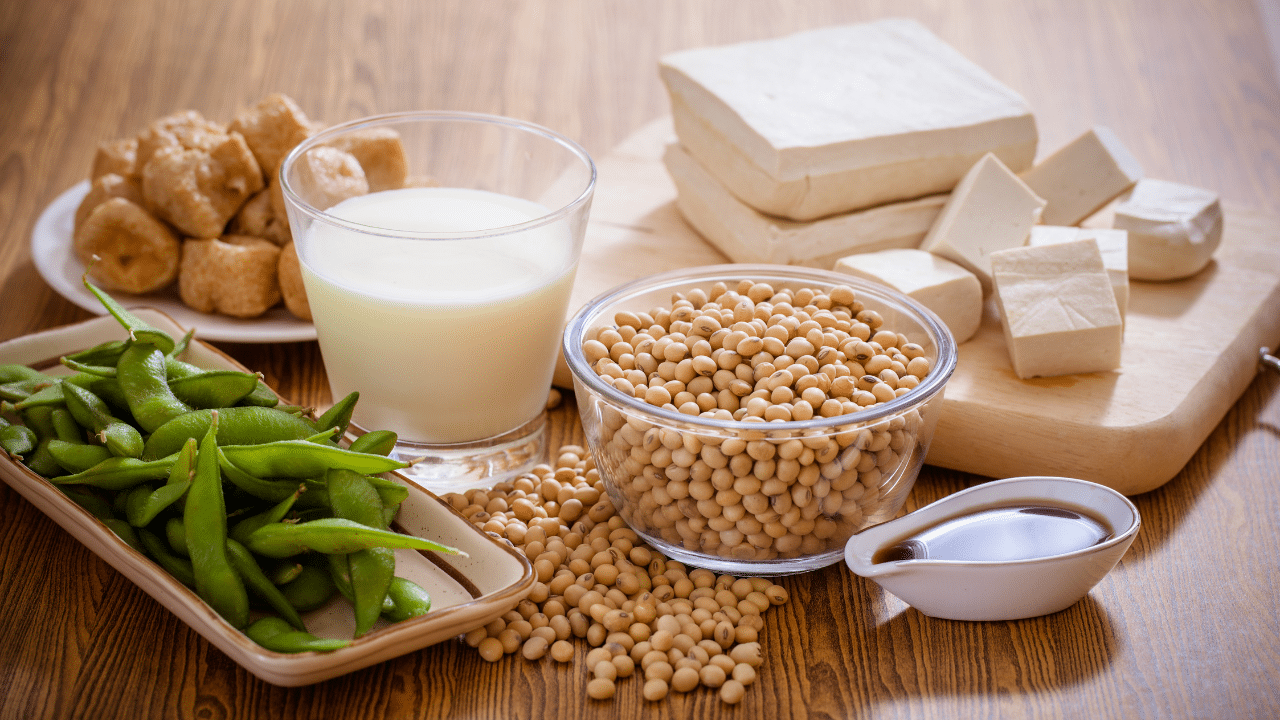
11 Best Health Benefits of Chia Seeds
Table of Contents
- Best Health Benefits of Chia Seeds
- Chia Seeds Speeds Up Skin’s Repair & Slowing Down Aging
- Chia Seeds Promote Healthy Digestion
- Chia Seeds Helps Constipation
- Chia Seeds suppress appetite and Promotes Weight Loss
- Chia Seeds Promote a Healthy Heart
- Chia Seeds Help Diabetes
- Chia Seeds Increases Energy and Metabolism
- Chia Seeds Promote Bone Health
- Chia Seeds Build Muscle & Promote Weight Loss
- Chia Seeds Fights Cancers
- Chia Seeds Promote Healthy Dental Hygiene
- What are the best chia products to use?
Best Health Benefits of Chia Seeds
Chia Seeds Speeds Up Skin’s Repair & Slowing Down Aging

Researchers from Mexico uncovered that chia seeds had a total natural antioxidants concentration nearly two times higher than previously reported, and the antioxidant activity was shown to stop up to 70 percent of the free radical activity.
This research essentially proves that chia seeds are loaded with antioxidants. Antioxidants speed up the skin’s repair systems and prevent further damage. Taking chia seeds can slow down wrinkles on aging skin which can be caused by inflammation and free radical damage.
Chia Seeds Promote Healthy Digestion

Chia is high in fiber, providing nearly 11 grams per ounce. One serving can provide the recommended fiber intake for the day, according to the American Dietetic Association.
Fiber is essential for your body’s ability to balance insulin levels. According to the National Institutes of Health, seeds like flax and chia can be a natural blood sugar balancer due to their high fiber content and healthy fats.
Use code HERBALGUIDE and Receive 20% OFF your order. To Receive Your Discount go to https://biohmhealth.com/?ref=staceychillemi2
Chia Seeds Helps Constipation
Being high in dietary fiber, chia seeds benefit bowel regularity and healthy stool.
Chia Seeds suppress appetite and Promotes Weight Loss
The rich fiber content in chia seeds also helps people feel fuller quickly because it absorb a considerable amount of water and immediately expands in the stomach when eaten. This may explain why clinical studies have proved that chia curbs hunger and suppresses appetite, which can also lead to weight loss.
Because chia seeds are also high in zinc, they help your body increase leptin. Leptin is a key hormone that regulates appetite, how your body spends energy and regulates your energy levels. It also improves stamina and endurance, making chia a great source of nutrition if you’re looking to get in shape.
Chia Seeds Promote a Healthy Heart
Its ability to reverse inflammation, regulate cholesterol and lower blood pressure makes it extremely beneficial to consume for heart health. Also, by reversing oxidative stress, someone is less likely to develop atherosclerosis when he or she regularly consumes chia seeds.
They are high in linoleic acid, a fatty acid that helps the body absorb fat-soluble vitamins A, D, E, and K. For such a tiny seed, chia is quite high in healthy fats, boasting more omega-3s than salmon. Omega-3s work to protect the heart by lowering blood pressure, bad cholesterol, and inflammation. Inflammation can put a strain on blood vessels and cause heart disease. So by eating chia seeds, you can boost and protect your heart thanks to the omega-3s.
Chia Seeds Help Diabetes
Published in the British Journal of Nutrition, this research is fascinating because these scientists conducted two studies at the same time and uncovered some amazing data. Chia seeds were proved to halt diabetes and reverse it, adding that to the list of chia seeds benefits.
Chia Seeds Increases Energy and Metabolism
A study published in the Journal of Strength and Conditioning concluded that consuming chia seeds enhanced exercise performance for workouts that lasted 90 minutes the same way a sugar-laden sports drink would, but without all the unhealthy sugar.
In the study, half of the athletes drank 100 percent Gatorade, while the others consumed half Gatorade and half chia drink. The runners’ times were matched and the half-chia group consumed far less sugar.
By adding a serving of chia seeds a day, you can help boost your metabolism and burn belly fat as well. Studies show that the addition of chia seeds to your diet also reduces visceral adipose tissue, a “belly fat” tissue that affects the metabolism of the body and is a component of obesity.
Chia Seeds Promote Bone Health
Just one ounce of chia seeds has about 18 percent of the recommended daily amount of calcium. Calcium is fundamental to bone health and helps maintain bone strength and mass.
Chia also contains boron, which is another essential nutrient for bone health. Boron helps metabolize calcium, magnesium, manganese, and phosphorus for the healthy growth of bones and muscles.
Chia Seeds Build Muscle & Promote Weight Loss
These seeds also rank among the top plant-based sources of protein. This is another reason this super seed is great to consume for those trying to put on lean muscle.
Chia seeds pack a powerful antioxidant punch to help replace some of those nutrients lost when exercising. They’re high in essential minerals like calcium, phosphorus, magnesium, manganese, copper, zinc, iron, and niacin.
Chia Seeds Fights Cancers
Studies suggest the oil of these seeds has anti-cancer properties, according to the Memorial Sloan-Kettering Cancer Center.
Chia Seeds Promote Healthy Dental Hygiene
With chia seeds packed with calcium, phosphorus, vitamin A and zinc, it’s no wonder that they’re a top food to help your teeth. Calcium is the building block of your teeth and is necessary for tooth health.
Zinc prevents tartar by keeping plaque from mineralizing onto your teeth and has an antibacterial effect that keeps bad breath germs away. Vitamin A and phosphorus are also important for strong teeth and a healthy mouth.
The List
What are the best chia products to use?
The following are the chia products to consider.














